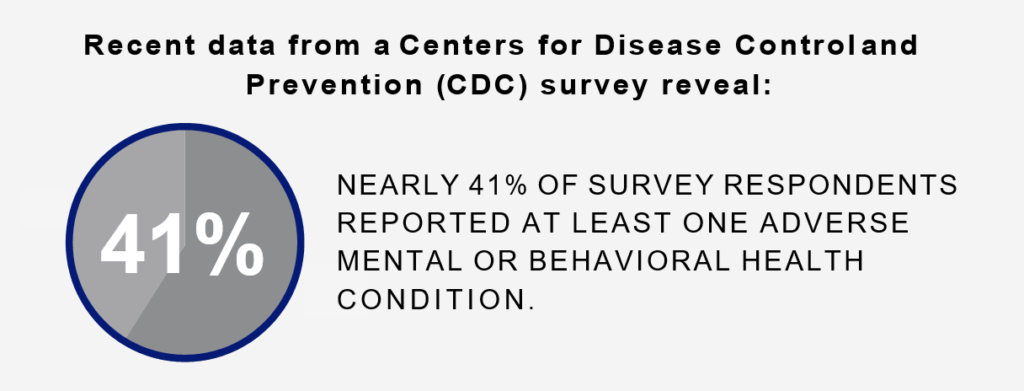As the adage goes, “Growth solves many ills.” Growing companies create more buzz, have an easier time attracting capital and talent, and overall have more opportunities than those in decline or with stalled growth. The two primary sources of top-line growth in revenue are sales to new customers and generating sales growth for existing customers. Both are most easily improved with fresh sales initiatives.
Yin to the yang of optimization efforts, maximization focuses on growing total revenue, market share, units, gross sales margins, and customers. It also focuses on maximizing the opportunities to sell products or services in properly defined and highly aligned channels, a process commonly referred to as the value chain. The value chain includes all activities from pre-sales to customer service that directly impact the customer base.














